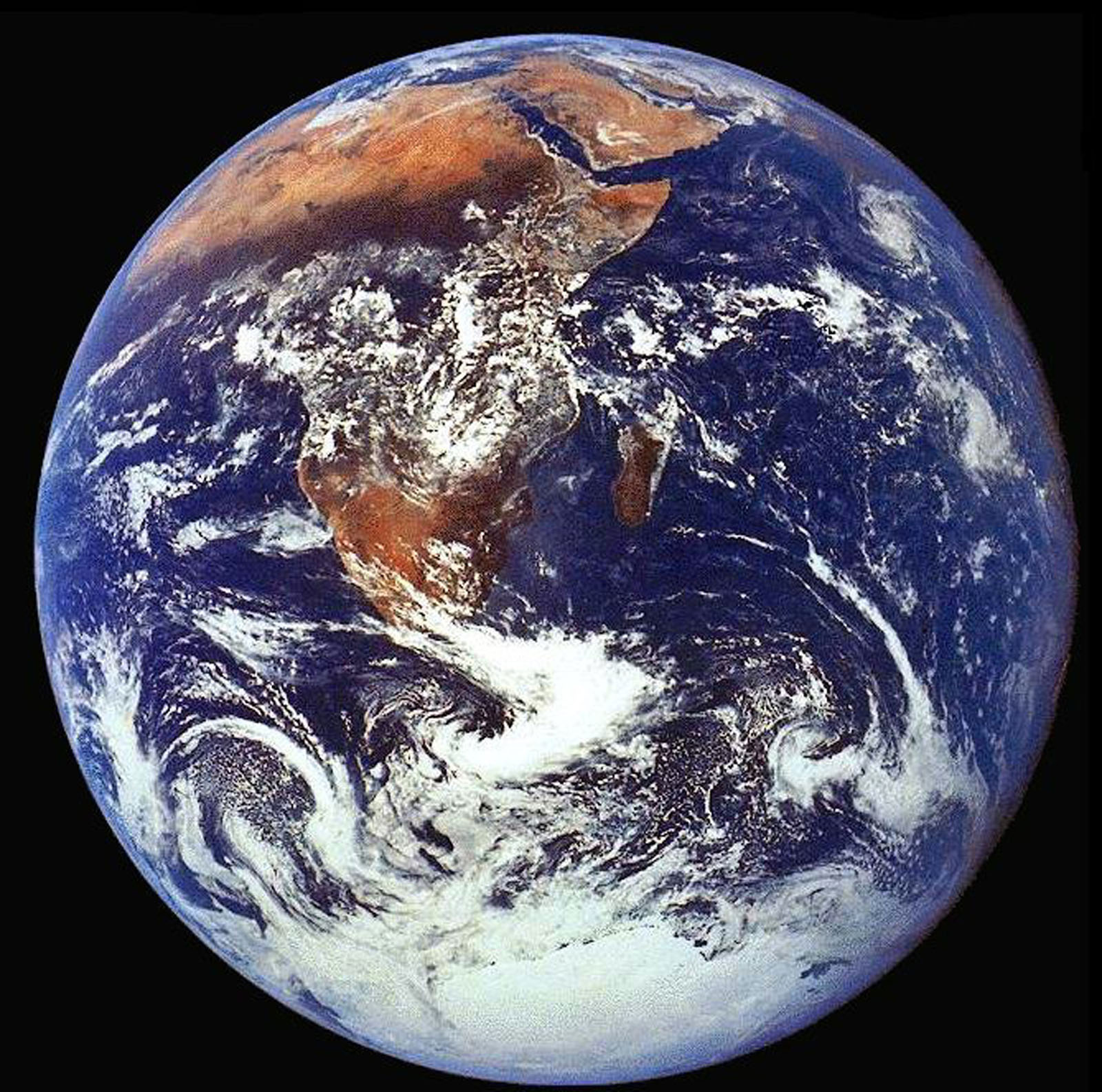Life on Earth might be way older than we thought

A free daily email with the biggest news stories of the day – and the best features from TheWeek.com
You are now subscribed
Your newsletter sign-up was successful
Scientists have long theorized about the origins of life on Earth. But thanks to new research from England's University of Bristol, there are some new clues to factor into the question of how our world came to be.
For a long time, our best bet at figuring out when life developed on our home planet was to analyze fossils, the earliest of which gave us evidence of life as old as 4 billion years ago. But in a study published Monday in the journal Nature Ecology & Evolution, scientists posit that life may be up to hundreds of millions of years older than that.
Researchers took a closer look at the fossils we've already discovered — namely, their DNA, Phys.org reported. They analyzed genetic data until they were able to build a theoretical timeline of when life evolved into those organisms. From there, they traced ancient microbes' lineage to a "Last Universal Common Ancestor" of all life, or "LUCA," said study co-author Davide Pisani. The data found through that DNA is much more reliable than fossil evidence alone in proving evolutionary links, said the study's lead author, Holly Betts.
The Week
Escape your echo chamber. Get the facts behind the news, plus analysis from multiple perspectives.

Sign up for The Week's Free Newsletters
From our morning news briefing to a weekly Good News Newsletter, get the best of The Week delivered directly to your inbox.
From our morning news briefing to a weekly Good News Newsletter, get the best of The Week delivered directly to your inbox.
Around 4.5 billion years ago, Earth was impacted by another planet called Theia, Metro explained. This collision "sterilized" Earth and sent a chunk of space rock hurtling into orbit around us — what we now know as the moon. Per the scientists' findings, it wasn't long after that that the "LUCA" originally lived.
Although that might be the origin of life on Earth, it's worth noting that the branch of the evolutionary tree that led to humans is much, much younger. "We belong to a lineage that is billions of years younger than life itself," Pisani explained. Read more about these new discoveries at Metro.
A free daily email with the biggest news stories of the day – and the best features from TheWeek.com
Shivani is the editorial assistant at TheWeek.com and has previously written for StreetEasy and Mic.com. A graduate of the physics and journalism departments at NYU, Shivani currently lives in Brooklyn and spends free time cooking, watching TV, and taking too many selfies.